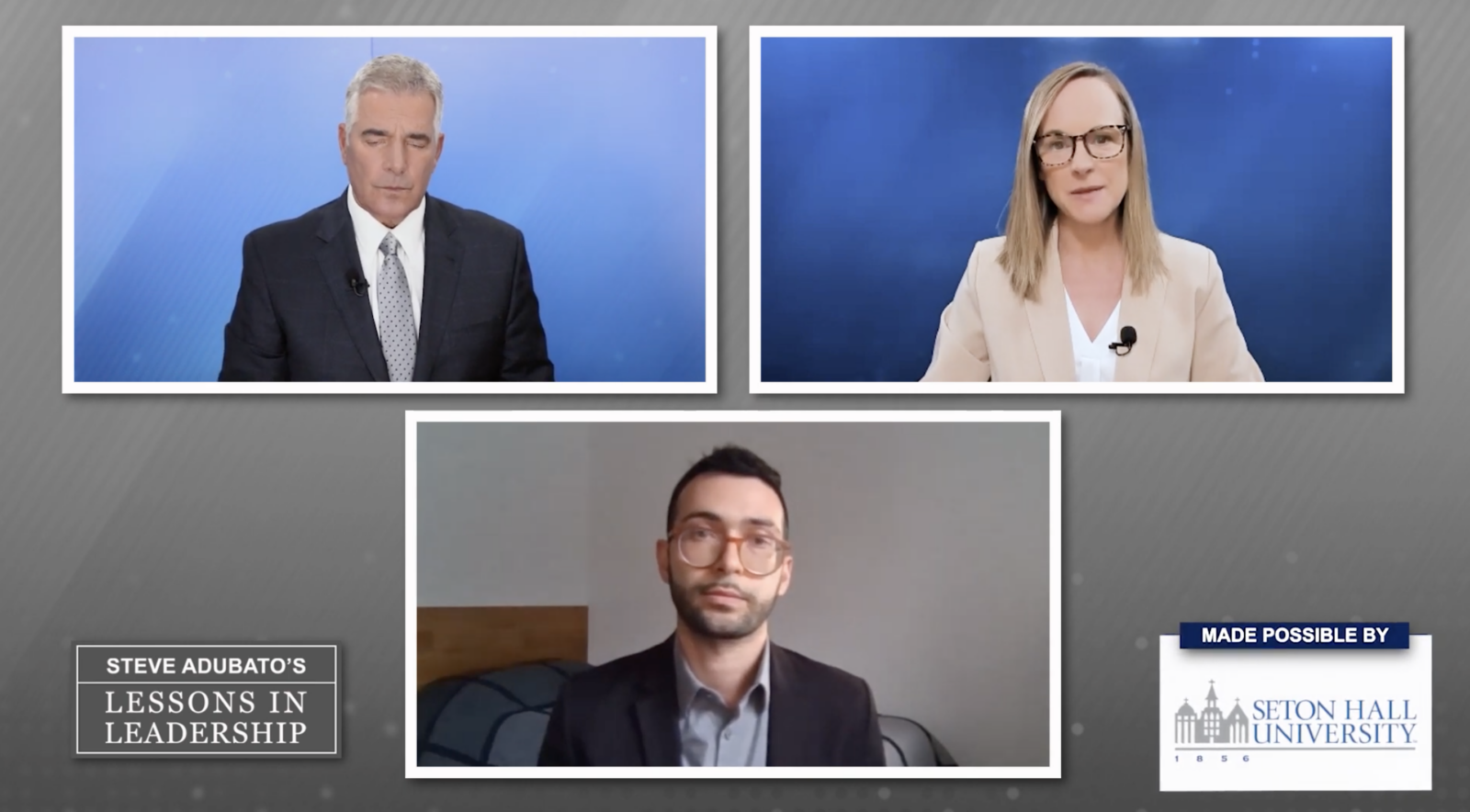When was the last time you “won” an argument? Think about it. How many times have you gone back and forth with a colleague or worse, your boss, trying to convince them of your point of view or why a certain direction should be taken on a project or initiative? Too often, we are so convinced that we are “right” about a point we want to make that we argue it until we are blue in the face, which can cause people to shut down and stop listening. In many cases, your need to be “right” will result in those in your orbit being turned off and frustrated, which can negatively impact your relationships.
While it may be challenging to be open to other points of view, it is an essential communication and leadership skill that will help break down walls and build trust with those around you. Let’s consider some tips and tools to becoming more flexible in our approach to navigating these waters:
–Let go of emotional baggage. We all have an engrained belief system that has been built upon years of experiences that cause us to react to certain situations from our own unique perspective. The larger communication dilemma is that by relying on these past incidents as a means to process new information, it can cause us to unnecessarily perceive a situation in a negative light. The key is to view new experiences from a fresh lens and make new decisions based on that perspective.
–Compromise. Negotiation and compromise in leadership are essential to building trust in your relationships. Whether in business or in our personal lives, being flexible and open-minded in your interactions with others will help ensure that those around you feel their point of view is valued and important to you. As a leader of an organization this doesn’t mean that you will compromise on every important decision, but being open to the ideas of those around you sends a powerful message that they are valuable members of the team who have something to contribute.
–See shades of gray. Seeing the world only in black and white is dangerous. Of course, there is right and wrong, but we do have our separate realities. We need to understand that our reality is just that, our reality and only ours, as opposed to a universal reality that everyone else must buy in to. It has been said that no man is an island, and that is so true.
–Find common ground. In a negotiation or argument where you are trying to make your case, sometimes you need to hit pause to see if there is some common ground to be found. Too often it is easier to see the differences when engaged in a spirited discussion regarding something you feel passionately about. However, when you take a breath and intentionally look to find the similarities or overlap between two different points of view, you may be surprised to find that there isn’t as large of a gap as you originally perceived. It is all about truly listening with an open mind.
–Agree to disagree. Finally, when all else fails, and you have reached a stalemate with someone over a particular topic or issue, take the high road and agree to disagree. This doesn’t mean that you are giving up your principles, but instead, you are simply taking a different approach to communicating in these situations that will help improve your relationships while still staying true to yourself.
On this edition of “Lessons in Leadership,” Steve Adubato and Mary Gamba talk with Stephen Adubato, Editorial Fellow, COMPACT Magazine and Host, “Cracks in Postmodernity” Platform, about the connection between education and writing and why it is important to communicate important questions and ideas to others. Then, Steve and Mary share leadership and communication tips and tools in a mini-seminar, “Feedback is a Funny Thing.”













